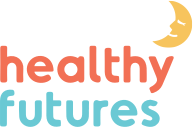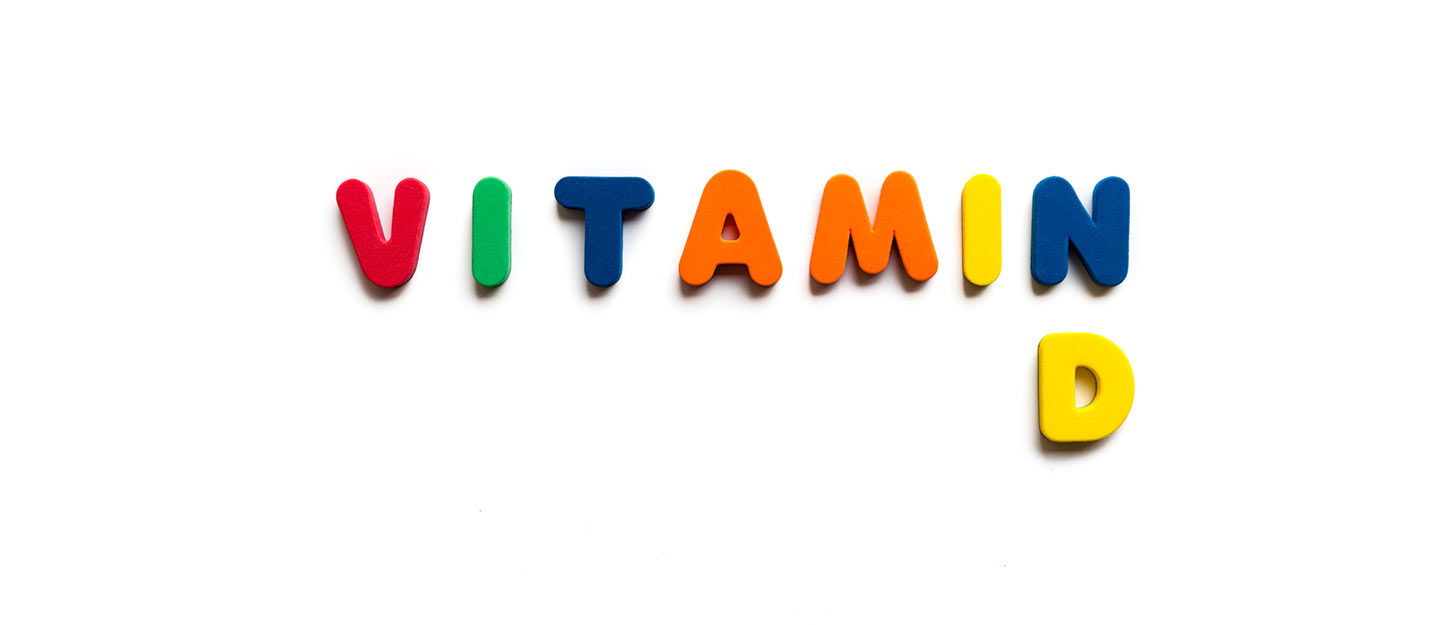Breast milk is nature’s perfect concoction for our little one’s health and happiness. However, it has been found to lack one particular key ingredient: Vitamin D. Worry not, breastfeeding mothers. With a little extra care, your baby can have all the necessary nutrients for his or her healthy growth and development.
The problem: Vitamin D is an essential nutrient for children while they are growing because it enables little ones to effectively absorb the calcium and phosphorous needed for strong bones. A Vitamin D deficiency puts your child at risk for a condition called nutritional rickets, a dangerous softening of a little one’s growing bones. Breastfed infants who are not given any supplements are at the highest risk for developing this condition.
Vitamin D comes primarily from soaking up the sun—but we need to limit our direct exposure to the sun’s rays because they can cause irreversible skin damage and even cancer. It is important to make sure your infant stays out of the sun as much as possible or that sunscreen is used when spending time outside, so they will likely be short on Vitamin D as well.
The solution: The American Association of Pediatrics (AAP) recommends that all breastfed infants receive a Vitamin D supplement. They have also found it suitable for nursing mothers to take a supplement, which is then transferred through breast milk. All formulas distributed in the U.S. are required to have Vitamin D as an added nutrient but depending on your child’s eating habits, even formula-fed babies might need a supplement.
Talk to your health care providers to see what kind of Vitamin D supplement, if any, is right for you and your baby.
Sign up for Healthy Futures for updates on all the ways that you can make healthy decisions that will last the life of your child.





